Report this entry
More from the same community-collection
The Devil you Say! The Saintly and not so Saintly in Folk Art
The Devil you Say! The Saintly and not so Saintly, in Folk Art ...
Roberto Mata Departs Sierra after Covid
Roberto Mata in 2020 on the respirator 30 days and then ...
Mayor Don Henderson and Sugar Goodman El Paso, TX 1976
Mayor Don Henderson and Sugar Goodman El Paso, TX 1976
Amelia, nicknamed Sugar, Goodman in 1976
Friend congratulates Amelia, nicknamed Sugar, Goodman on ...
Curt Warren, jazz professor, at funeral of Felix Antoine 1996
Kurt Warren, jazz professor, El Paso, TX at funeral of Felix ...
El Paso Scottish Rite turns 100 years old.
El Paso Scottish Rite building turns 100 years old. ...
Women Attend Historical Society Hall of Honor FALL 2021
Attendees at the Historical Society Hall of Honor event on ...
Donald Williams at the Historical Society HoF event
Donald Williams at the Historical Society Hall of Honor banquet ...
Janine Young, writer and historian
Janine Young, writer and historian El Paso County Historical ...
Ginger G. Francis at the Historical Society HoH
Ginger G. Francis graduated the Loretto Academy Class '75. She ...
Hilda Stockmeyer Lewels, civic leader
Hilda Stockmeyer Lewels, civic leader at the November 14, 2021 ...
Downtown Main Library El Paso Texas November 2021
Downtown Main Library El Paso Texas under construction November ...
Gov Ann Richards quote and picture in downtown El Paos
Governor Ann Richards Honored in downtown El Paso, Texas by ...
Steven J. Ross, M. J. Ross, Eva Ross El Paso TX 1986
Steven J. Ross, M. J. Ross, Eva Ross El Paso TX 1986
El Paso's Homegrown: World War II
The homefront of El Paso, Texas was no stranger to war. Between ...
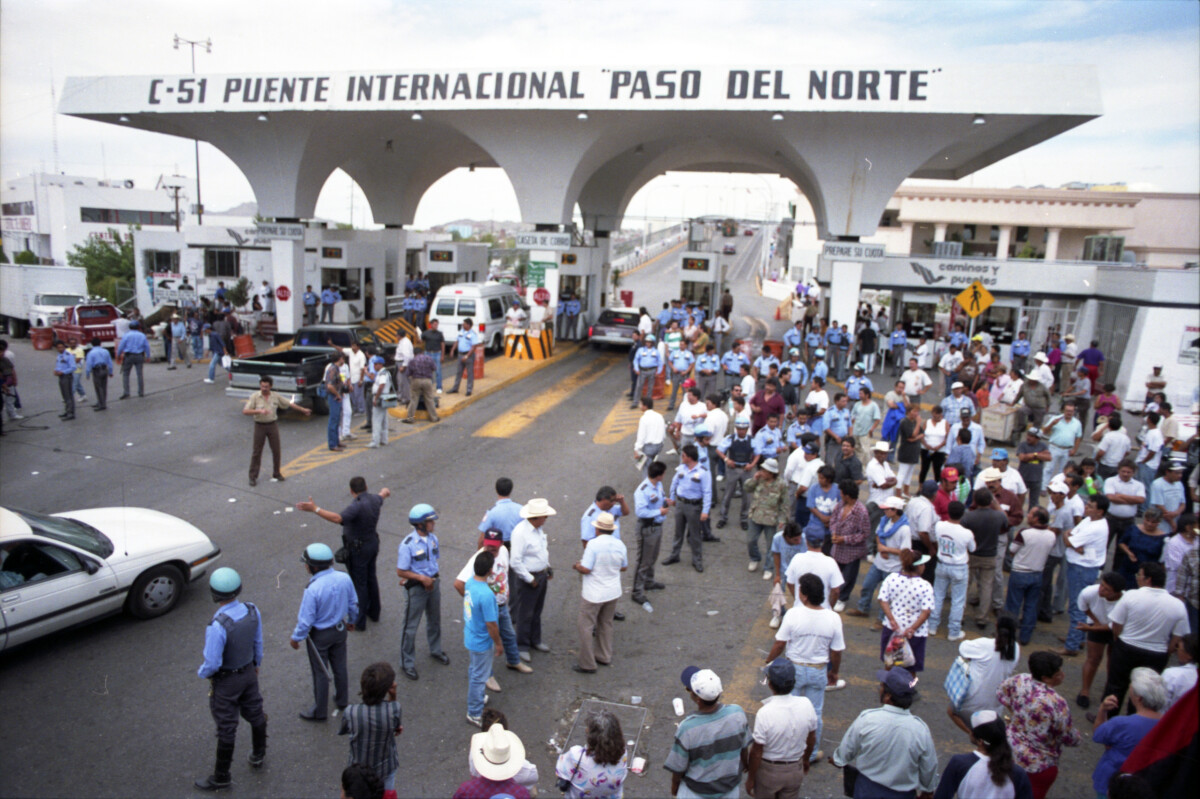
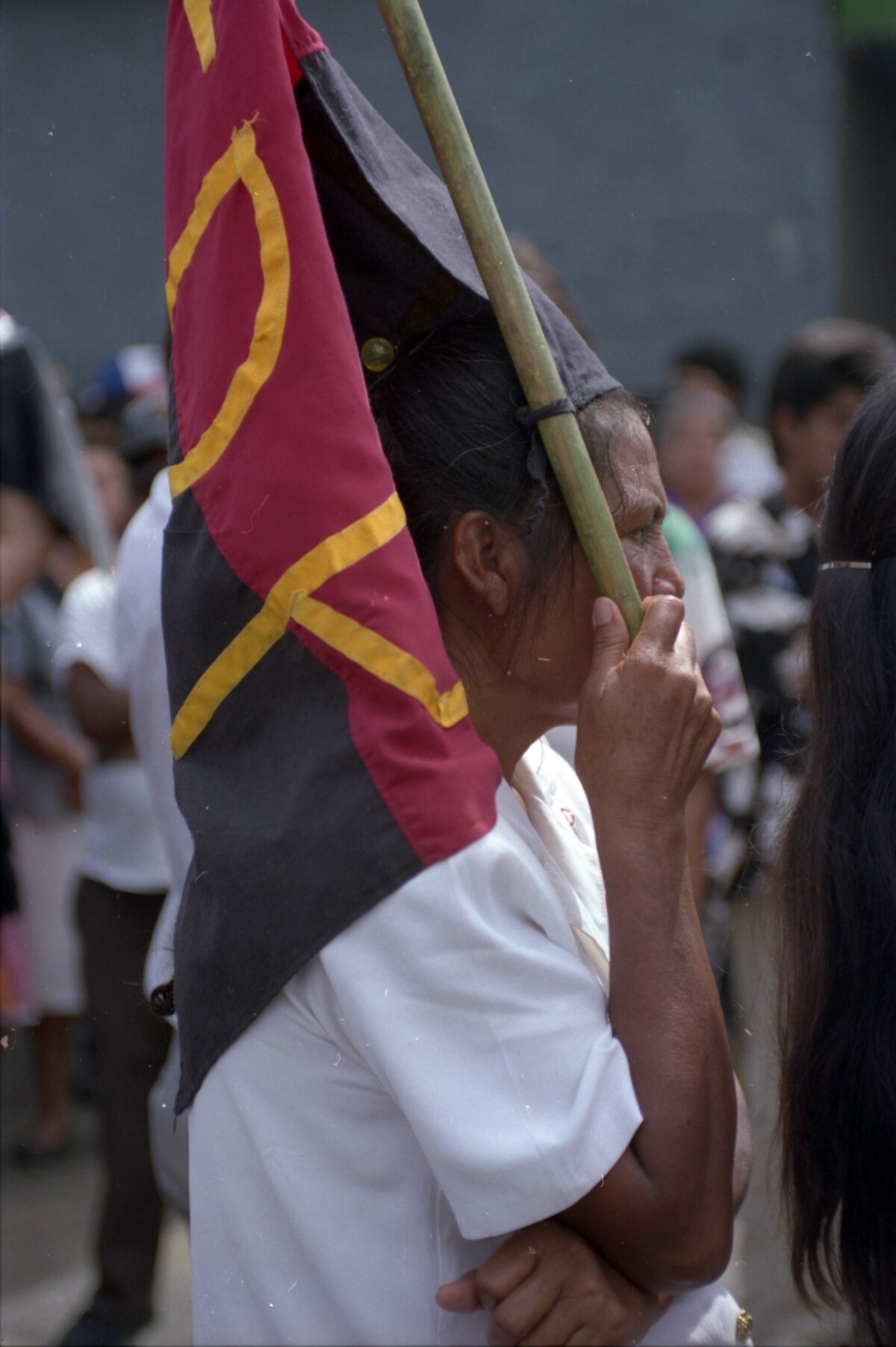
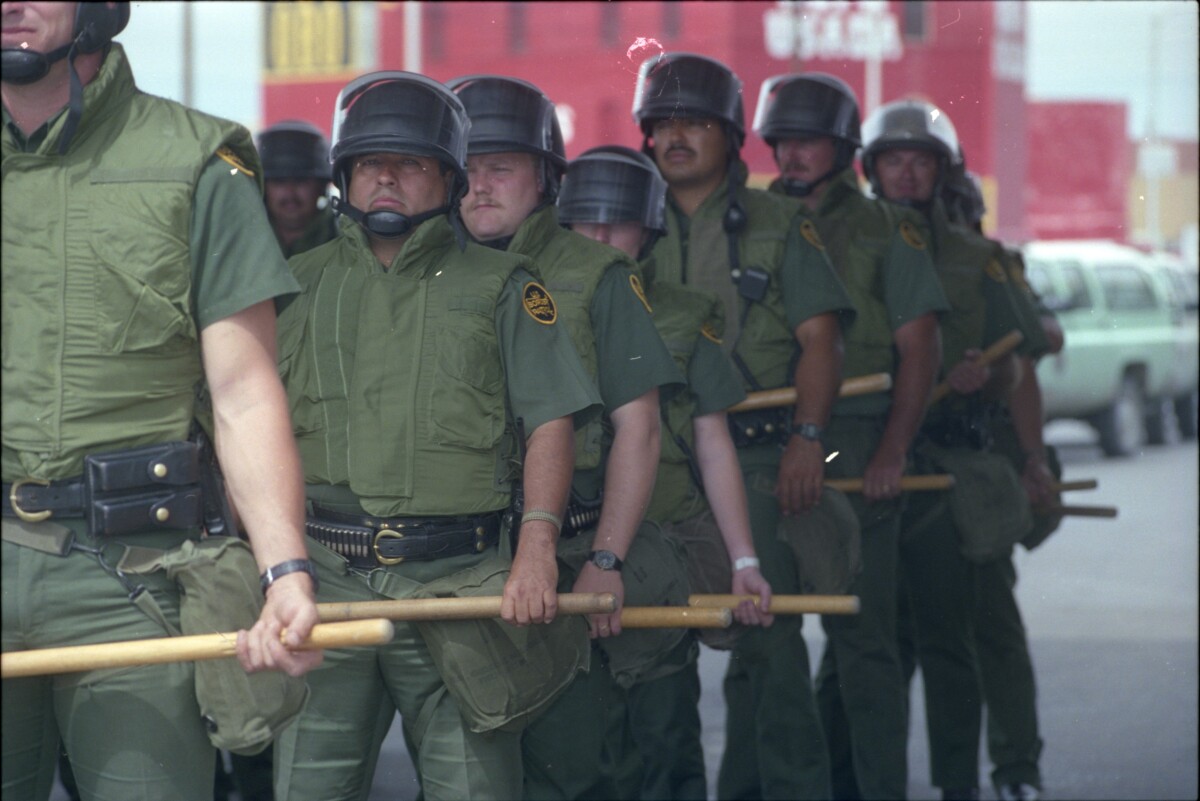
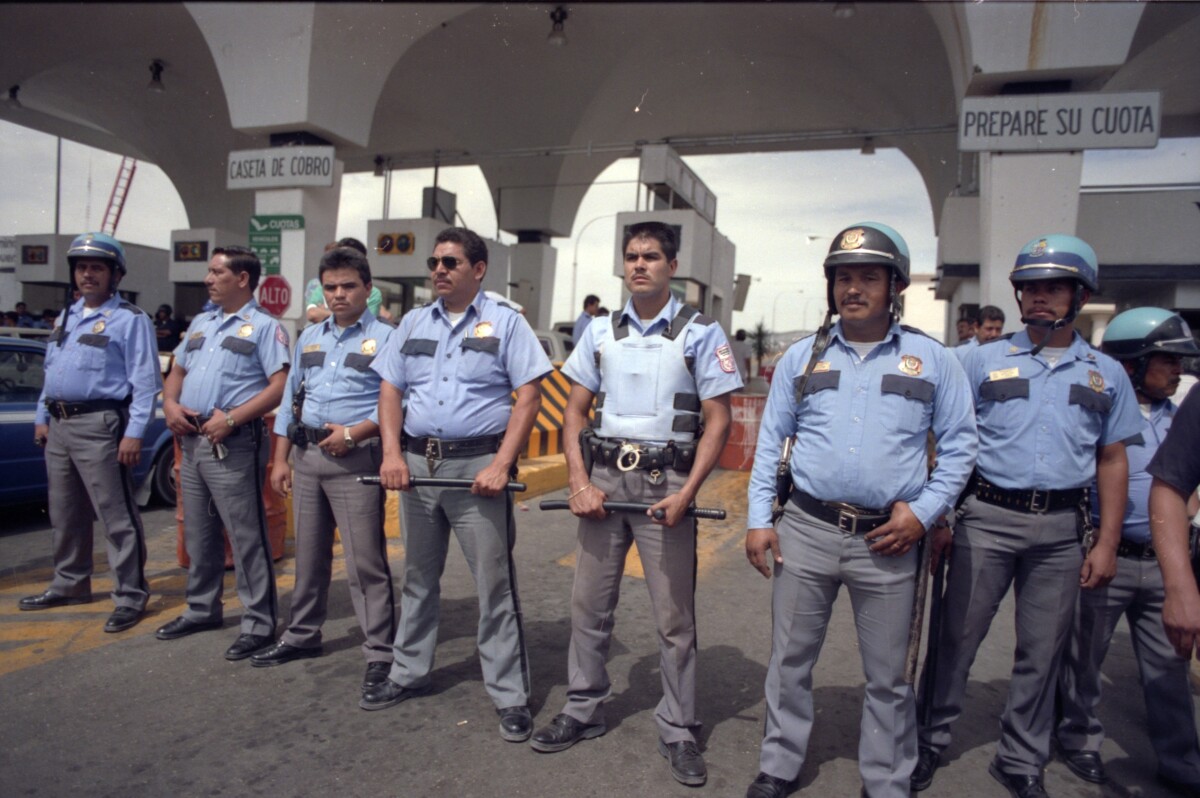
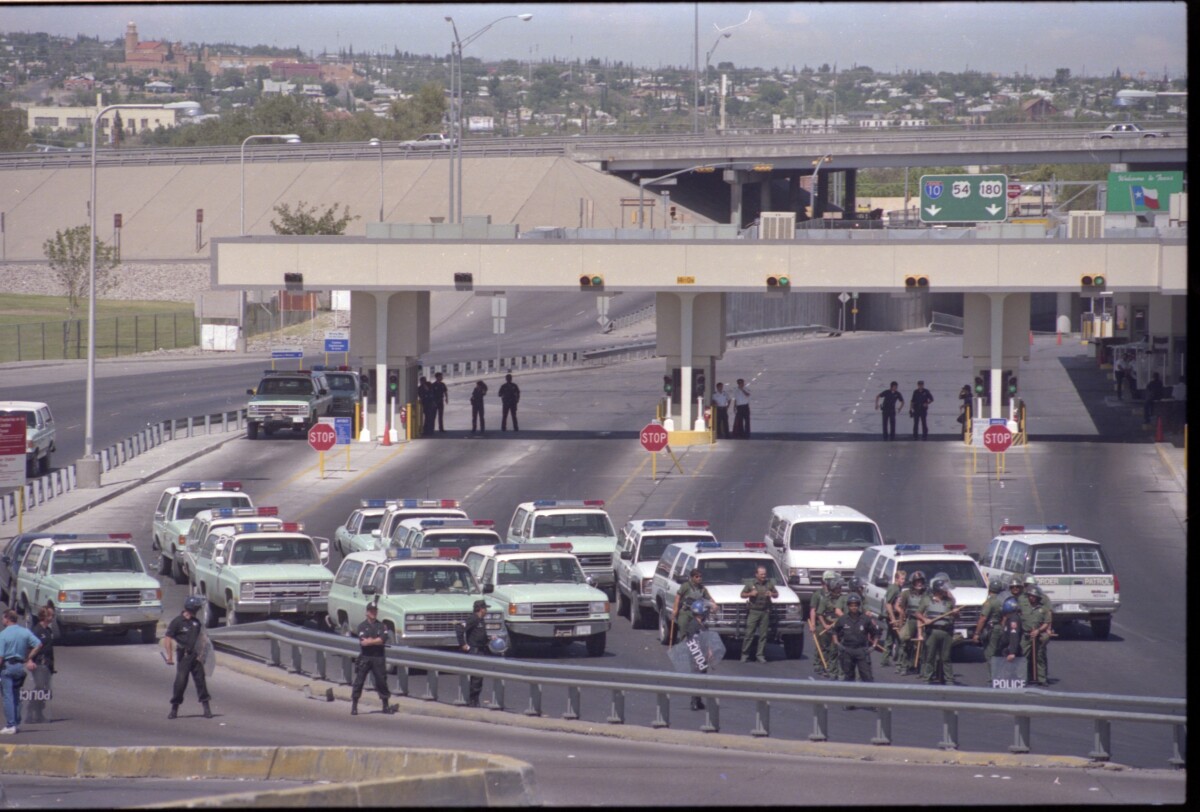
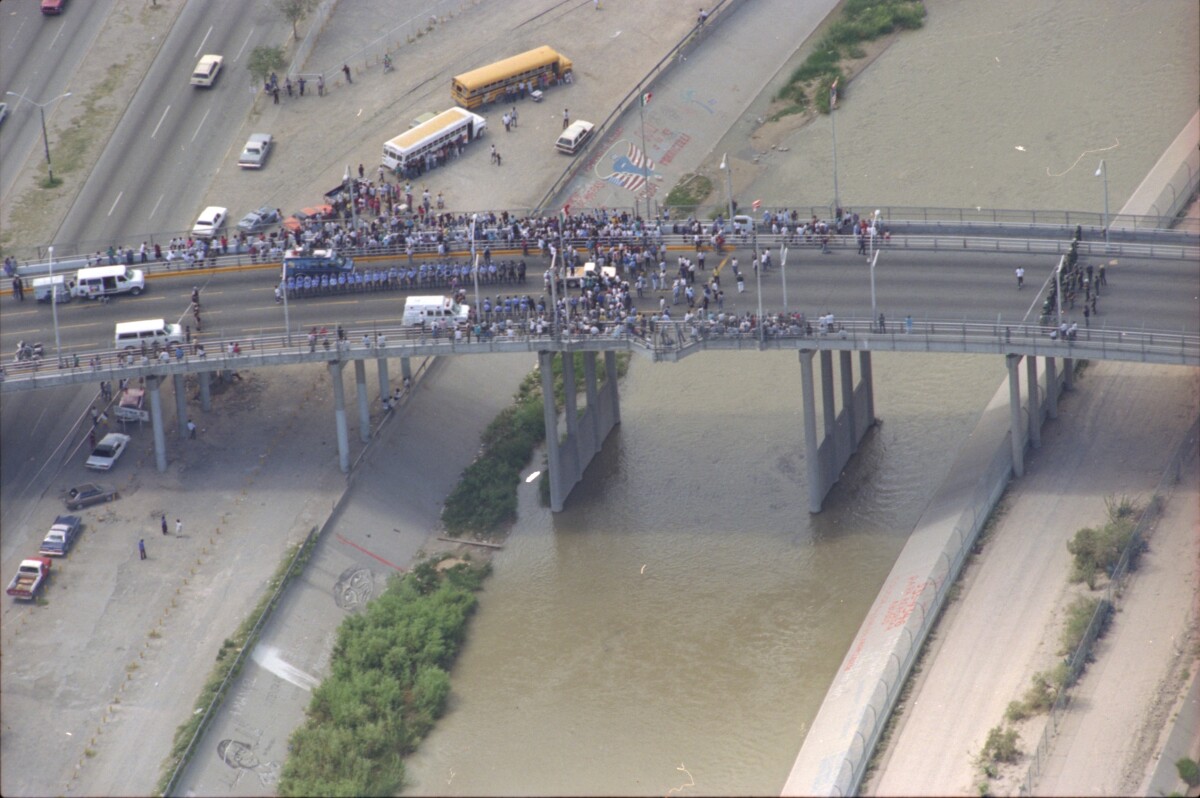
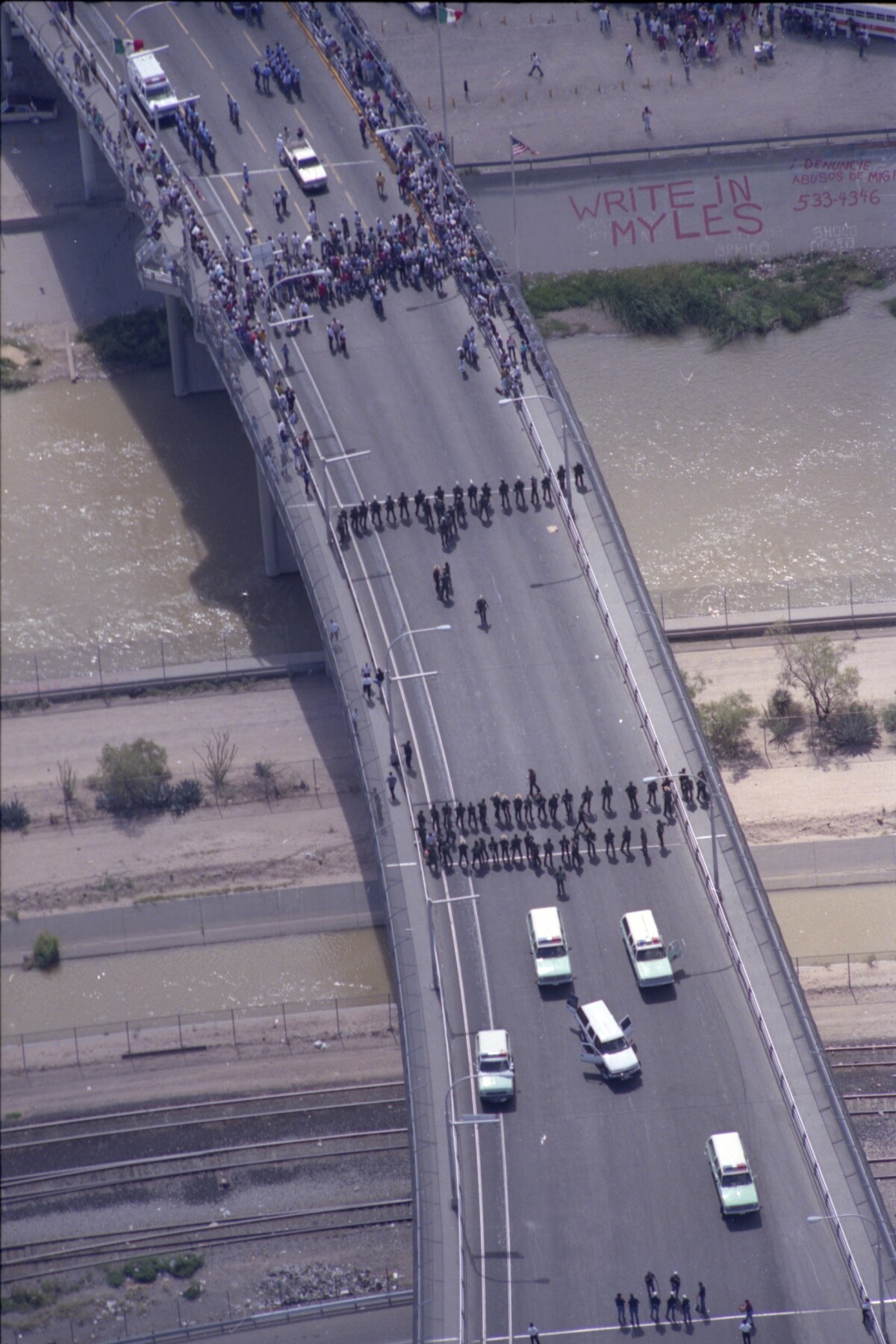
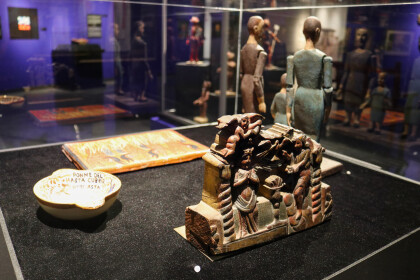
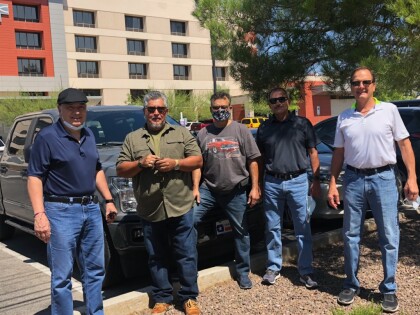
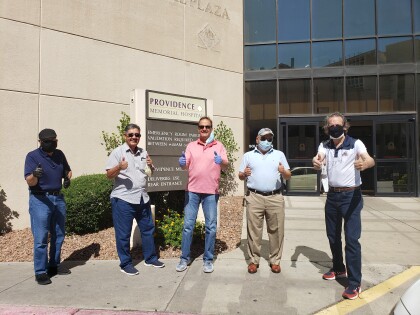
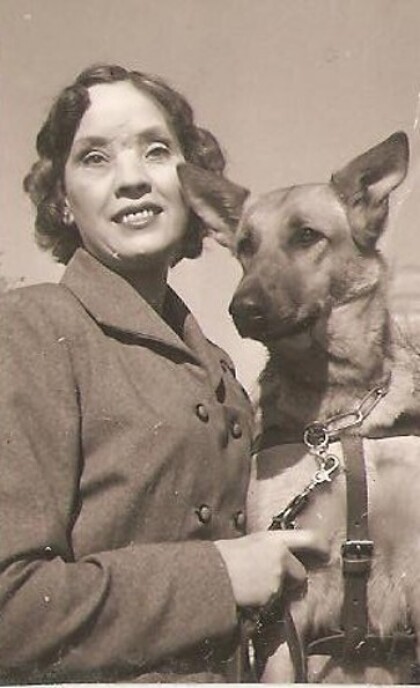
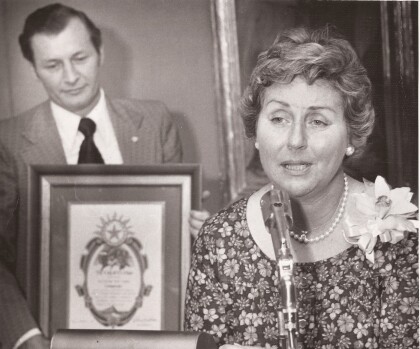
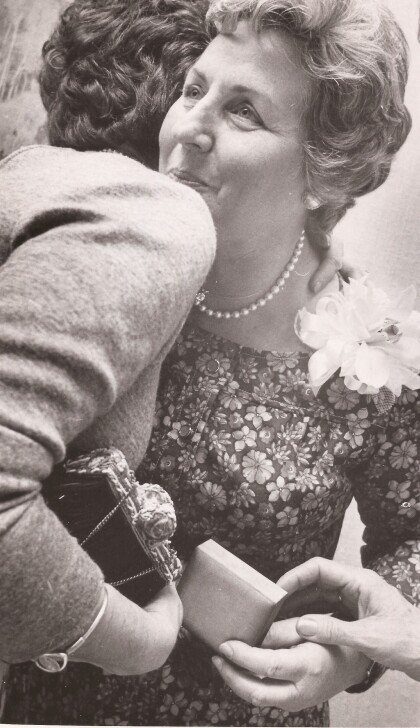
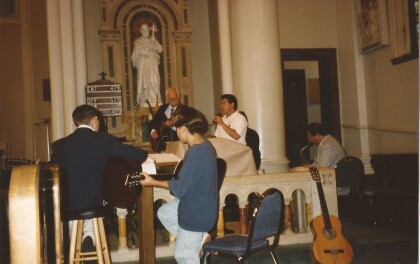
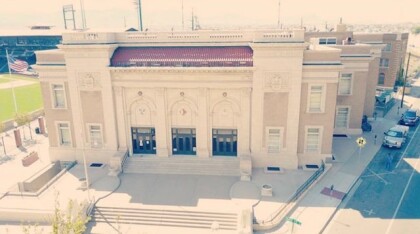
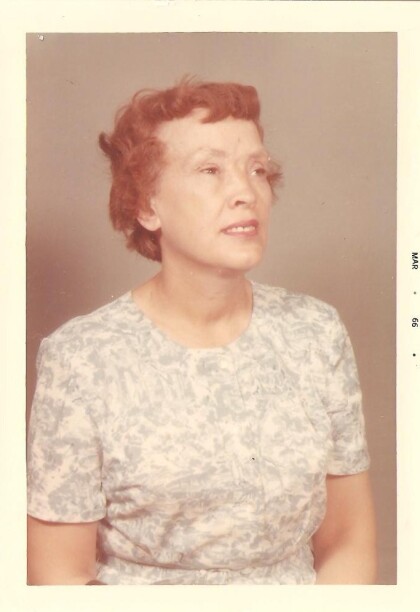
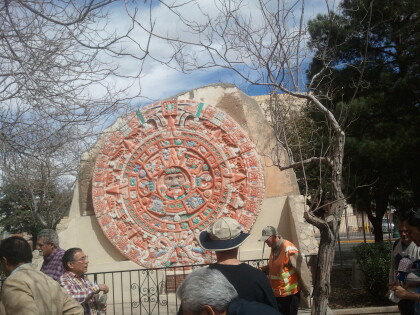


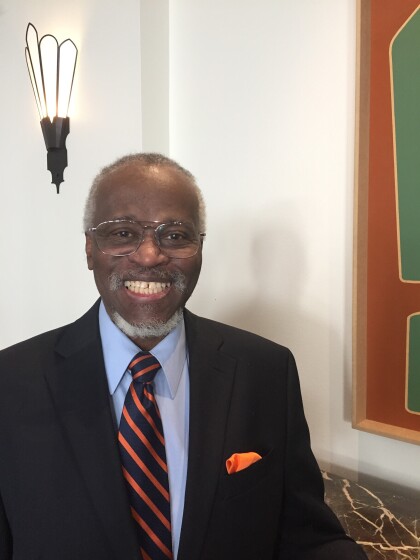
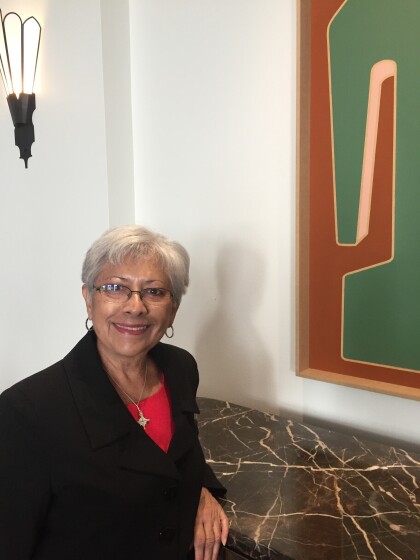

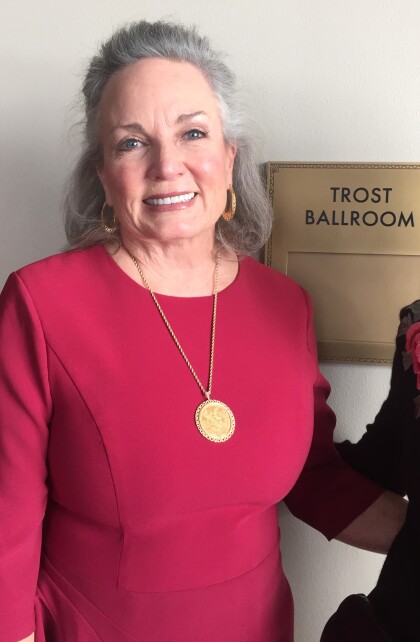
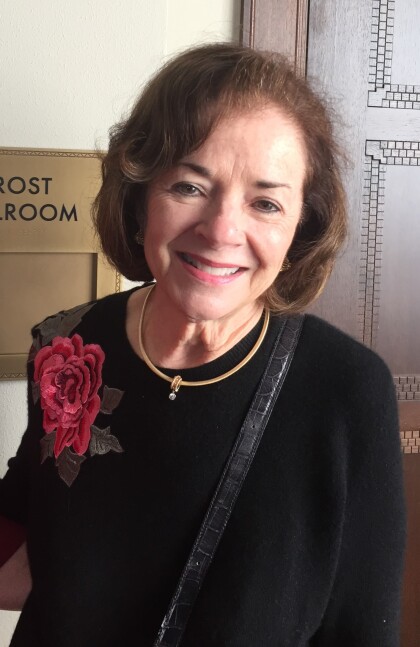
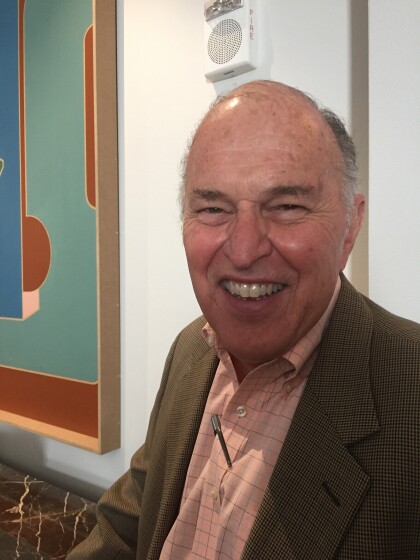
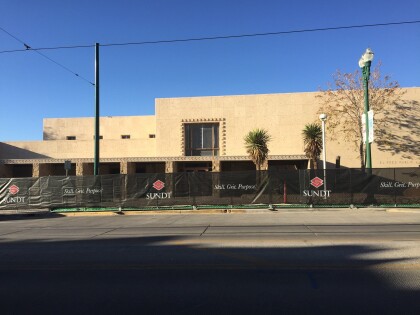
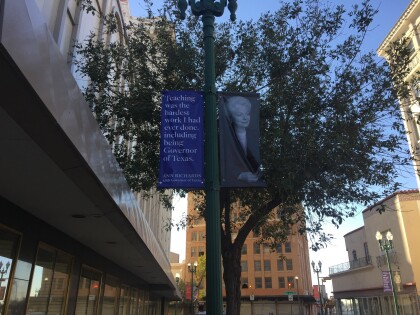


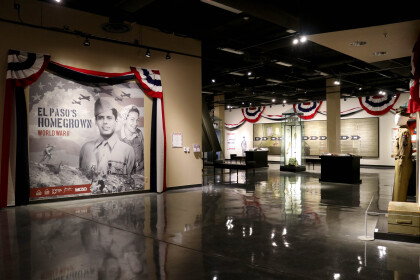
Comments
Add a comment